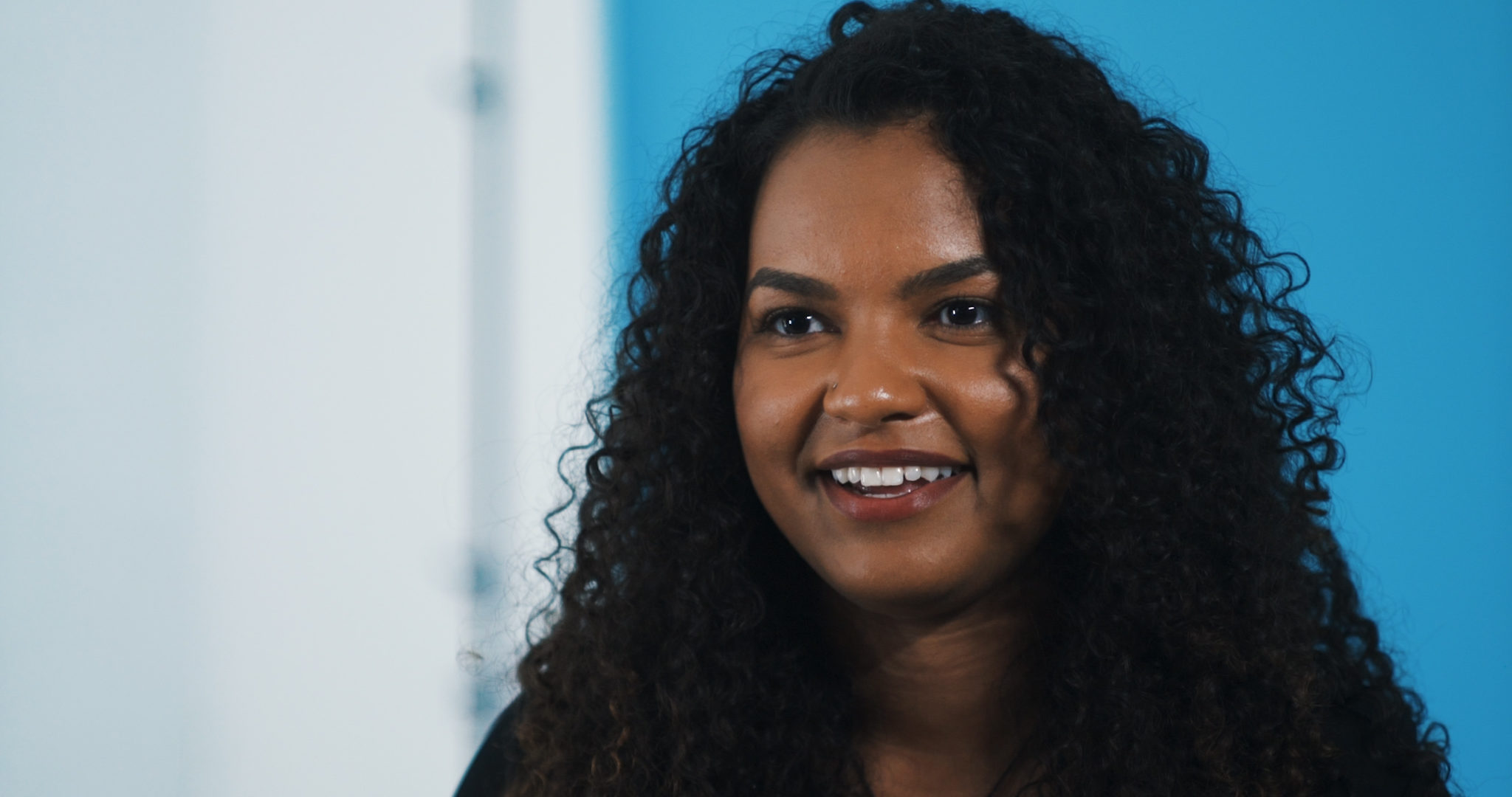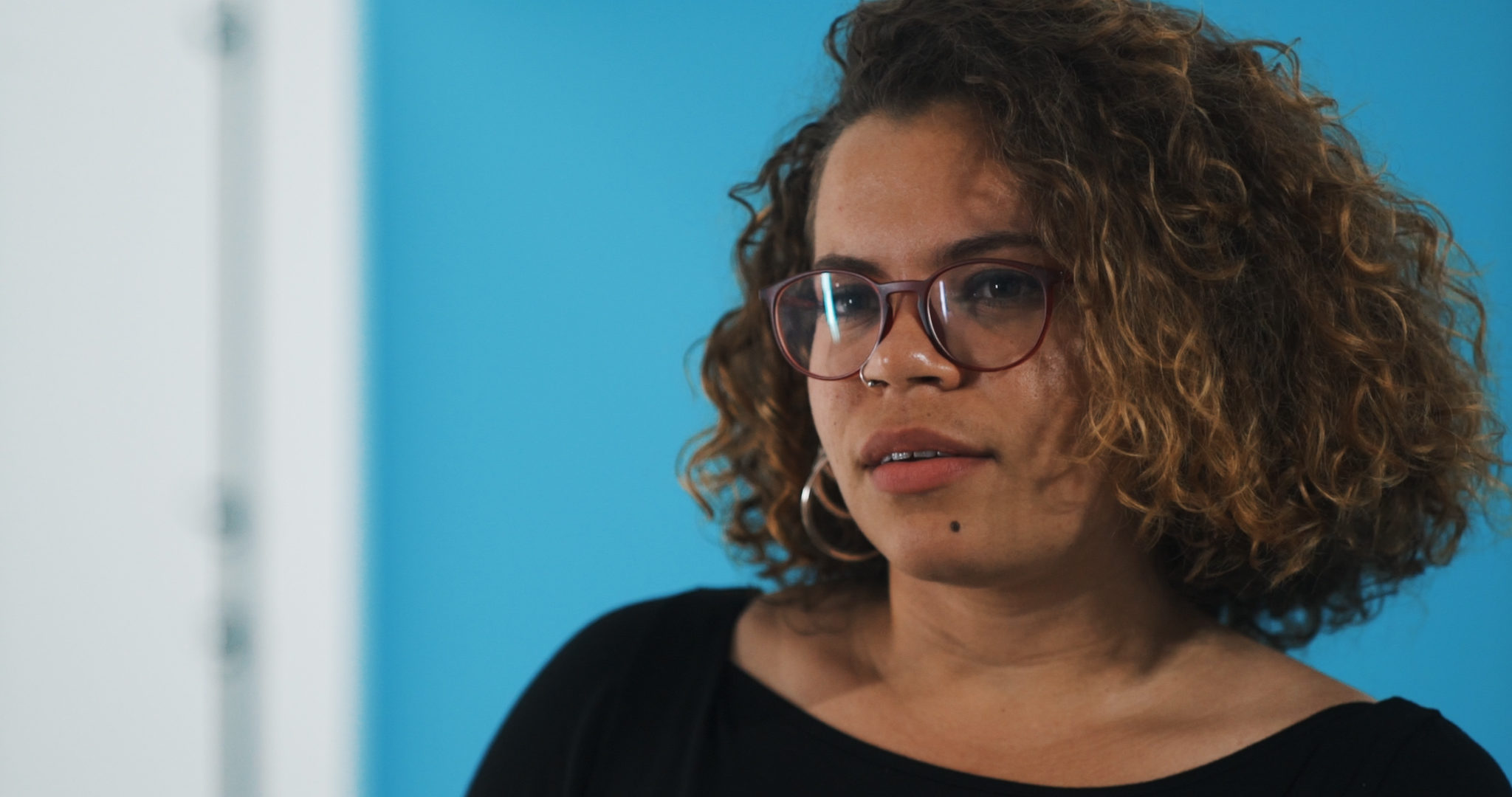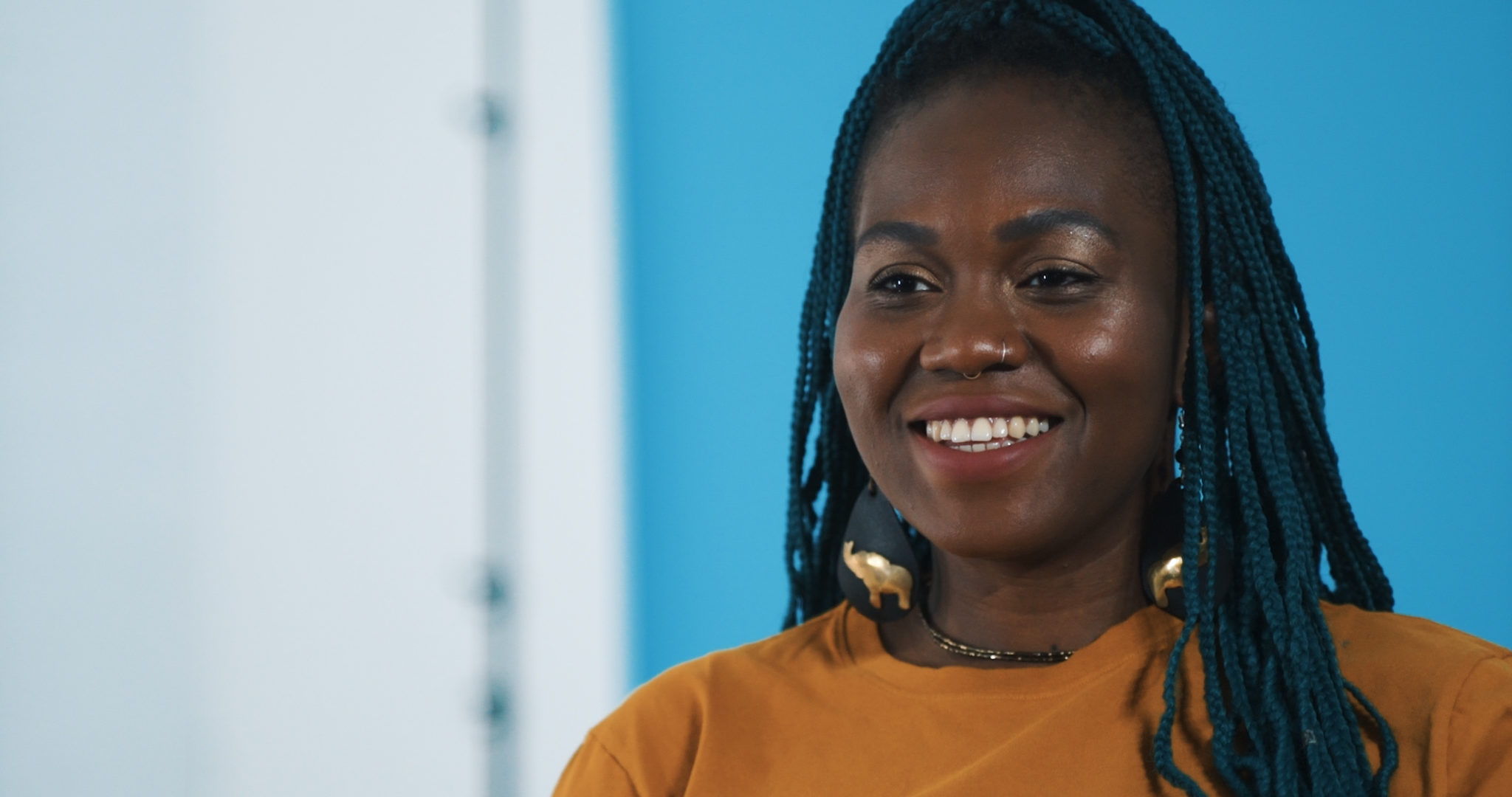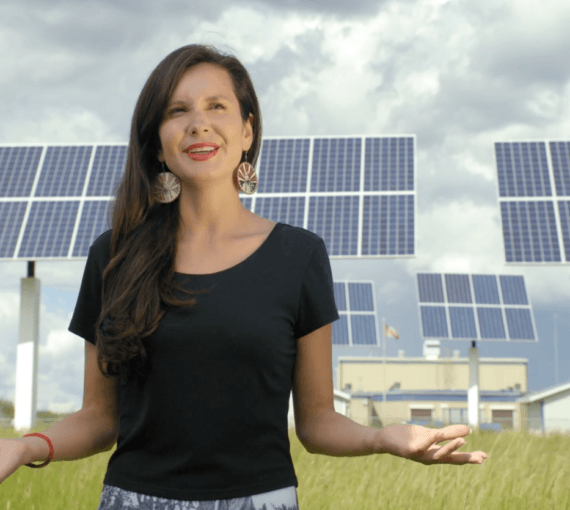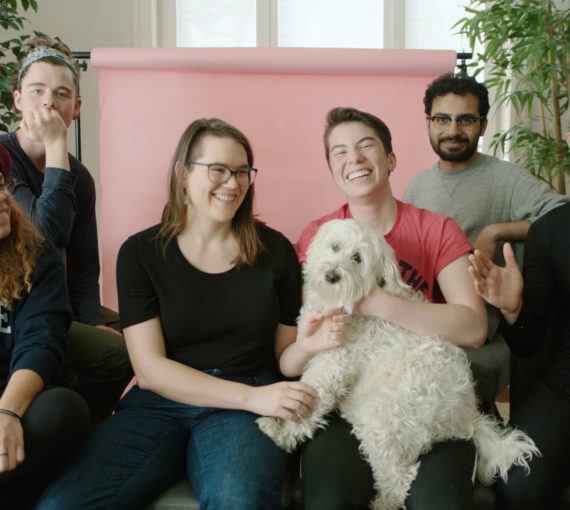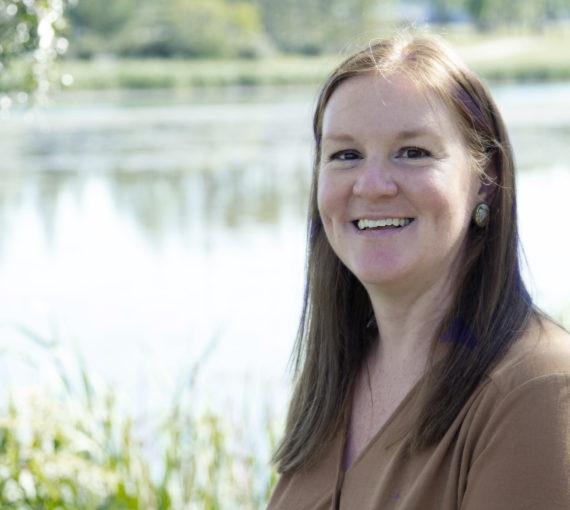In this series of short videos, three queer, Black youth climate justice advocates offer powerful and insightful perspectives on the intersection of climate and racial justice.
This video series was produced on the traditional, ancestral and unceded territories of the Sḵwx̱wú7mesh (Squamish), Sel̓íl̓witulh (Tsleil-Waututh) and xʷməθkʷəy̓əm (Musqueam) peoples.
This year, amid a global pandemic that has spotlighted deep-seated inequities, amid protests against racial injustice and police violence, amid wildfires and record high temperatures, it seems the world might be coming to understand a fact that millions of people have long known: that climate justice and racial justice are inextricably linked. We can’t have one without the other.
Climate change disproportionately impacts BIPOC communities in Canada and around the world — communities that generally contribute less to greenhouse gas emissions and lack the resources that wealthy, predominantly white communities have to adapt to climate change. What’s more, BIPOC voices are still largely absent from the boardrooms and meeting tables where decisions that affect their lives are made.
We can’t solve the climate crisis without solving this oppression of people of colour. We have no chance at reducing our greenhouse gas emissions if we’re not taking into account all the people we’re harming in the system that has gotten us here.
Rita Steele
In this video series, three youth climate justice advocates — Adriana Laurent, Udokam Iroegbu and Rita Steele — offer powerful and insightful perspectives on the intersection of climate and racial justice. The series was produced by Avery Holliday (who also produced The Joy of Climate Community) and directed by Moumy Mbacké. They explain:
“The intersectionality between climate and racial justice has gradually become an issue that can no longer be overlooked. But to what extent are these ties understood and advocated for by the public on the privileged side of the societal spectrum? In collaboration with DSF, we shed a crucial spotlight on some of Vancouver’s queer and BIPOC environmental and racial justice leaders, who speak about why they continue to fight and why we must act today.”
We invite you to watch, listen and reflect on the speakers’ messages, then consider how you can act in response. We are all part of the deeply flawed system that led us to this moment. And we all have a role to play in dismantling it and building a better one.
Charged Up is the story of you — of all of us — on a mission for a cleaner, healthier charged-up Canada. We believe the energy transition should be guided by justice, diversity and equality.
